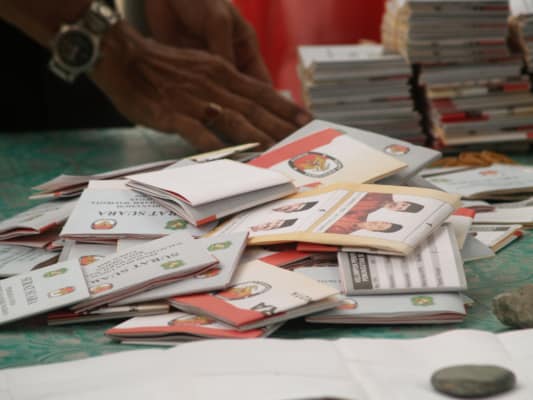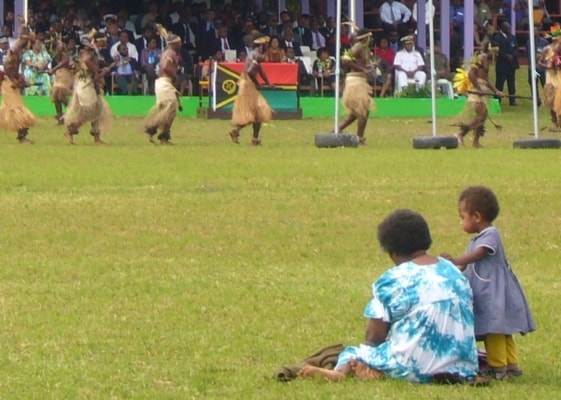How we can clear the path from social service and community activism to representative politics? Why are so few women political candidates from grassroots and community work backgrounds successfully elected in Indonesia and Sri Lanka?
To become viable political candidates, women need skills and knowledge, ‘presence’, networks, alignment with constituencies, and money. They also need a sense that politics is a ‘fit’ with who they are. Grassroots women often develop these resources, but various factors deter them from standing or from strategically using what they have. For example, women often perceive money to be an insurmountable barrier to political election, even when this isn’t neccesarily the case.
Development agencies and other external organizations often see building the capacity of women political candidates as the solution to women’s political underrepresentation, but women do not lack knowledge or skill gaps so much as they lacked recognition by others and themselves of what they could offer.
To better support women’s political representation, the paper suggests helping women’s skills, knowledge and experience achieve recognition in the political world; amplifying the political capital and impression women make among a larger constituency; extending their infrastructure to map onto constituencies and ensuring they have sufficient resources; and translating the values, meanings and ‘feel’ of the political field so that they are compatible with how women see themselves, and their ambitions.

















